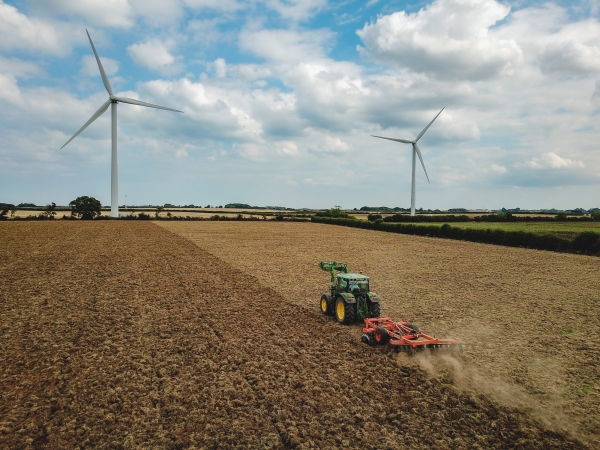
Ploughing matches – the importance of tradition
31/10/22
Amid all the hustle and bustle of modern life, there are certain traditions that remain – even in this age of digital technology and superfast everything! Among the most traditional of activities for agricultural communities, ploughing matches remain extremely popular.
Celebrating skills
A ploughing match is a contest between people who each plough part of a field. Their proficiency at this – including the straightness and neatness of the ploughed furrow – is then awarded points. Years ago, the plough would be pulled by livestock, but nowadays there are different classes for competitors using livestock and machinery.
Ploughing matches sometimes form part of a country show, or incorporate other affiliated events, such as hedge-laying. Ploughing matches are held on a local level throughout the UK, with the majority taking place in the autumn, after the fields have yielded their crops, in September, October and November. But they also take place throughout the year, and are organised by agricultural societies, tractor clubs, vintage vehicle collectors or the Young Farmers, among others. They celebrate skills that remain important today for farmers and also demonstrate older aspects of farming that younger generations might not be aware of. They feed into a culture that celebrates the historical aspects of our country and ways of living and working that are all but forgotten in some quarters of society.
Keeping the past alive
Other localised rural events, such as village fetes, craft fairs and point-to-points all, in their own way, keep these traditions alive. They contribute greatly to highlighting the importance of showcasing older ‘heritage’ activities and the sense of community in rural areas. They are also part of a wider spirit of traditional trades, like thatching and dry-stone walling, that are still carried out by specialist craftsmen and workers in countryside communities to this day. In fact, in many rural areas they are needed to ensure that countryside properties retain their traditional appearance and materials, at the same time as preserving their history.
The old ways may be seen as old-fashioned by some, but they bring communities together to interact in a way that other social activities do not. Not only do they demonstrate a sense of history and of learning from the past – as you see how previous generations lived and worked – they can be enjoyed by any age group, from the youngest members of the family to the oldest. In this way activities such as ploughing matches are keeping rural communities together and preserving their own small part of history – as well as being a very pleasant way to spend an afternoon in the country.





